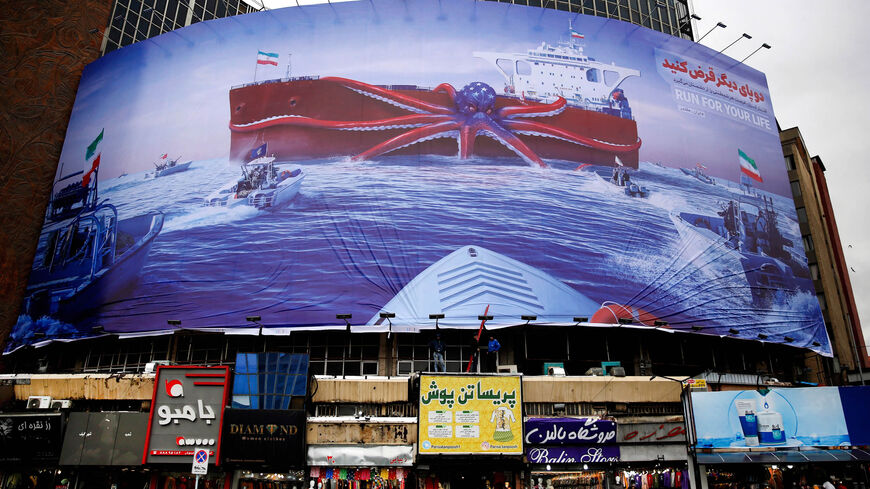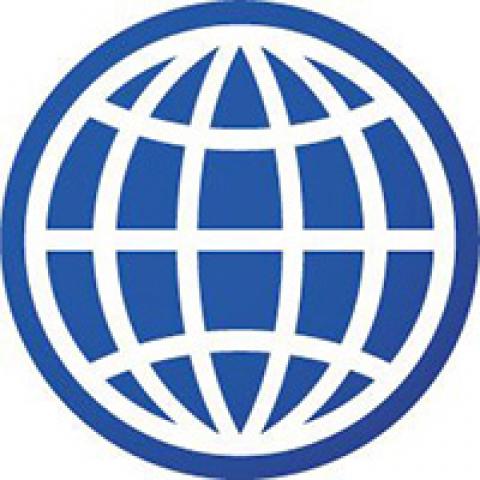Iran's defense minister downplayed fresh US military deployments to the Persian Gulf, admiring the Islamic Republic's military "power" in facing its enemies in the Persian Gulf.
"America is pursuing its own plans, but the Islamic Republic has reached such a level of power and authority, where no one is capable of threatening it," declared Brig. Gen. Mohammad-Reza Ashtiani when asked on Wednesday by state media reporters about the significance of the US reinforcements.
Earlier on Monday, the Pentagon said it was sending F-35 warplanes as well as the USS Thomas Hudner destroyer vessel in what it said was a plan that included fighting off ship seizures by Iranian forces and bolstering security across the strategic Strait of Hormuz, the narrow waterway responsible for one-fifth of global oil traffic.
The Pentagon's decision followed a tense episode earlier this month, in which the US Navy revealed that it had blocked an attempt by Iranian forces to capture two oil tankers near the Gulf of Oman. According to US officials, the Iranians had opened fire in one of the encounters.
Iran confirmed an attempt to seize the US tanker Chevron in its version of the same events. It maintained, however, that it had followed a court order after the vessel had collided with an Iranian ship. The incident occurred a few days after Iran's Islamic Revolution Guard Corps (IRGC) reported the capture of a Tanzanian-flagged vessel carrying 900 metric tonnes of fuel, alleging that it was "smuggling oil." The IRGC claimed that US forces had tried to get engaged with "unprofessional and dangerous moves," according to the IRGC-linked Fars News Agency.
Dismissing the significance of the fresh US deployment, the Iranian defense minister described his country as a "leading regional player," with growing technological advancements across naval and ground fronts. Ashtiani also praised Iran as a "drone power in the world," noting that "all types of Iran-made drones have drawn the attention of other countries," but did not name the receiving sides, nor did he explain if they will be used in potential confrontations with US forces in the Persian Gulf.
Tehran's drone technology remains a controversial program that has added to its already existing tensions with the West. The Islamic Republic has been facing pressure over shipping such aircraft to its ally, Moscow, which is using them in deadly operations in the ongoing war on Ukraine.
Tehran officially denies the charge, but the country's state media continue to celebrate the Western concerns as a sign of Tehran's influence, and have not shied away from admiring the "precision" of such Iranian-made suicide drones as the Shahed 136, reposting videos of its impact moments when hitting Ukrainian targets.








